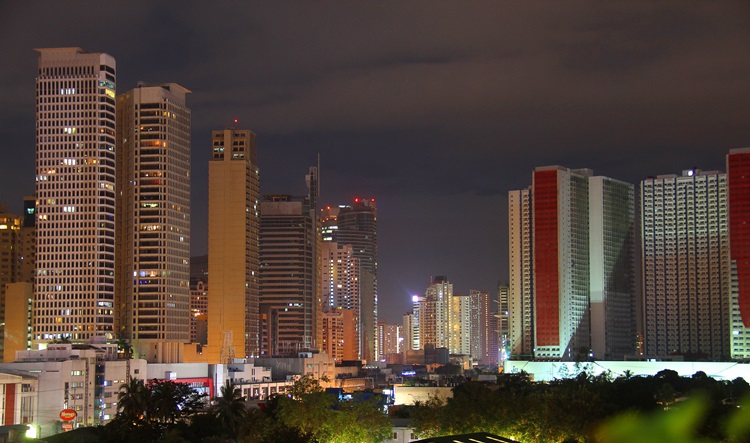After beginning the process of awarding offshore gaming licenses in September, the Philippine Amusement And Gaming Corporation has now reportedly revealed that it intends to limit such authorizations to around 50 in order to avoid possible “oversaturation.”
According to a report from the local Malaya newspaper, the Philippines regulator has so far granted 42 Philippine Offshore Gaming Operator licenses while a further twelve applications are pending.
“We will be able to assess the saturation of the market through the audit system,” Jose Tria, Office Of The Chairman Chief Of Staff for the Philippine Amusement And Gaming Corporation, told the newspaper. “If their [Philippine Offshore Gaming Operator] income drops from their previous reported income, it means there are too many operators.”
The newspaper reported that each Philippine Offshore Gaming Operator license applicant must pay approximately $50,000 to be considered for an online casino permit while sportsbetting operators are required to hand over around $40,000. Upon approval, each online casino licensee is obliged to shell out $200,000, while the figure stands at $150,000 for sports wagering firms.
“Before, there was no audit system [and] that is why we don’t have any industry figures,” Tria told Malaya. “Now we are procuring an audit system that will link the servers [in] real time. For now we want the audit system in place so we have proper monitoring.”
Tria reportedly also told the newspaper that the Philippine Amusement And Gaming Corporation expects to have its audit system for online gambling up and running by September, while the current moratorium on the granting of any new licenses could be lifted at any time depending on the market.
The Philippine Amusement And Gaming Corporation is reportedly hoping to collect as much as $121.23 million in tax each year from Philippine Offshore Gaming Operator license holders, which is around double the current estimate due to be gathered this year.
“We are looking at more or less $60.61 million in Philippine Offshore Gaming Operator taxes alone,” Tria told the newspaper. “If we are able to streamline operations, [it could go as high as] $121.23 million a year in tax revenues. Moving forward, [the Philippine Amusement And Gaming Corporation] wants it to be a percentage of gross gaming revenues at 2% of gross gaming revenues for land-based and online operations.”
In order to be granted a Philippine Offshore Gaming Operator license, firms must reportedly commit to offering their services only to players that have registered and established an account and are located outside of the Philippines. Operators are not permitted to offer games to players under the age of 21 while foreign nationals staying in the Philippines and Filipino nationals abroad are moreover forbidden from playing.



